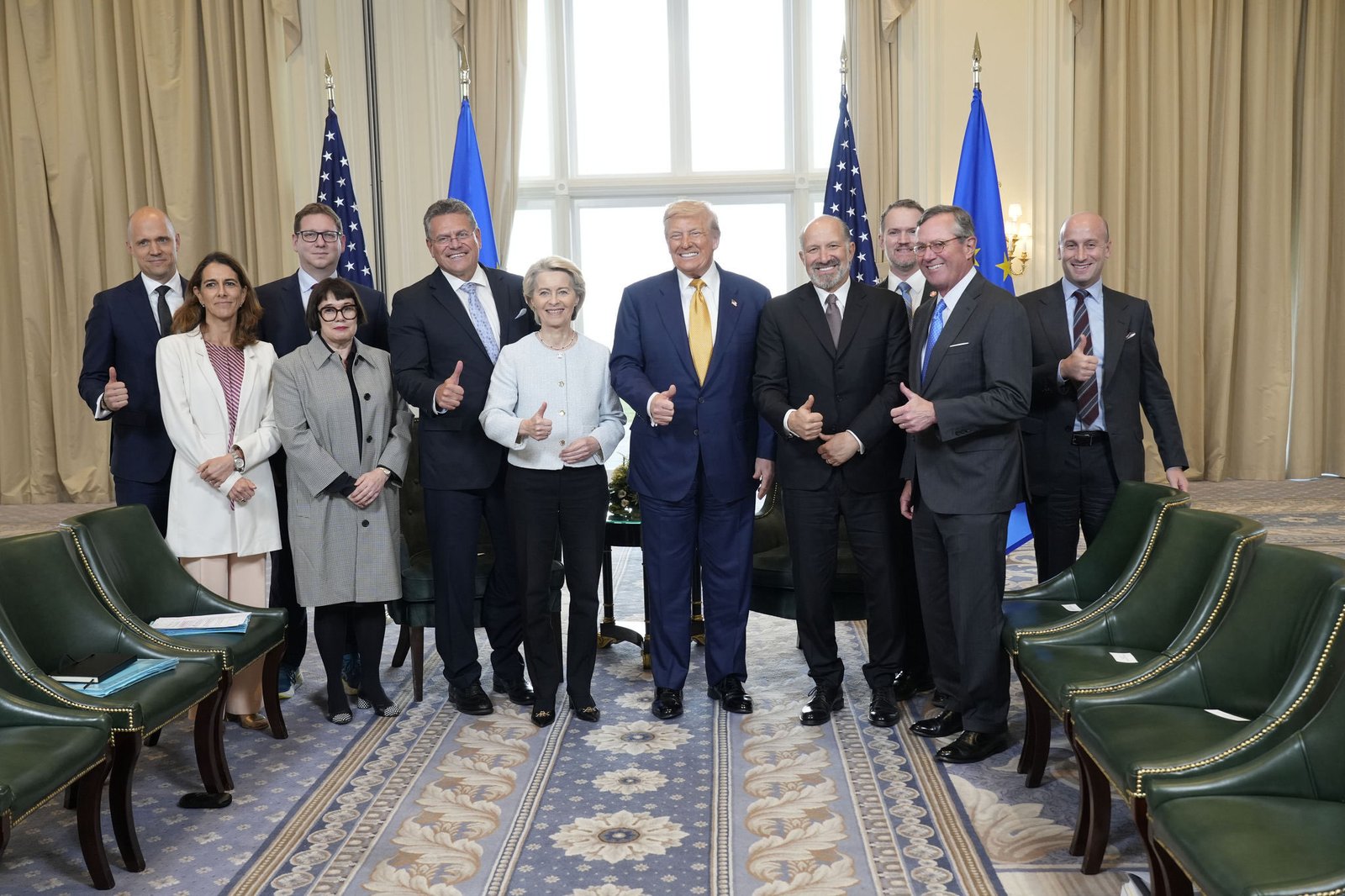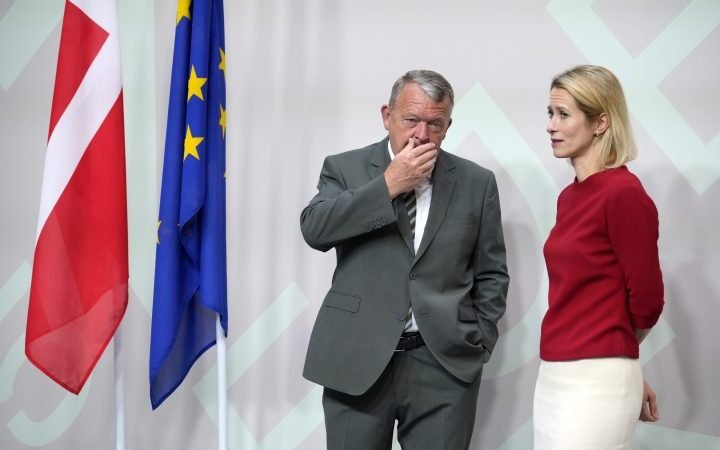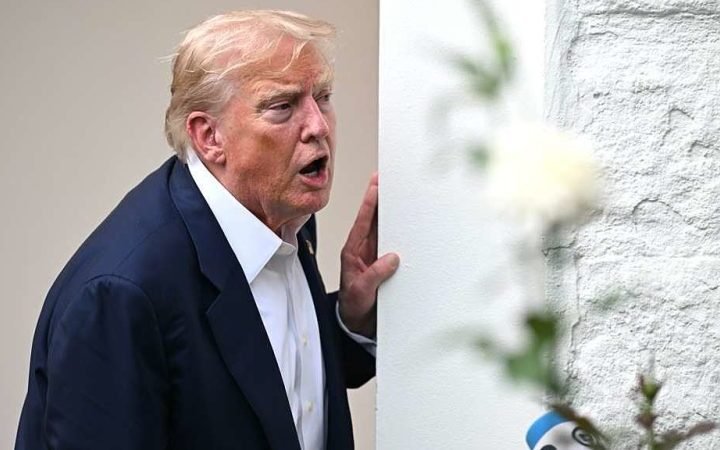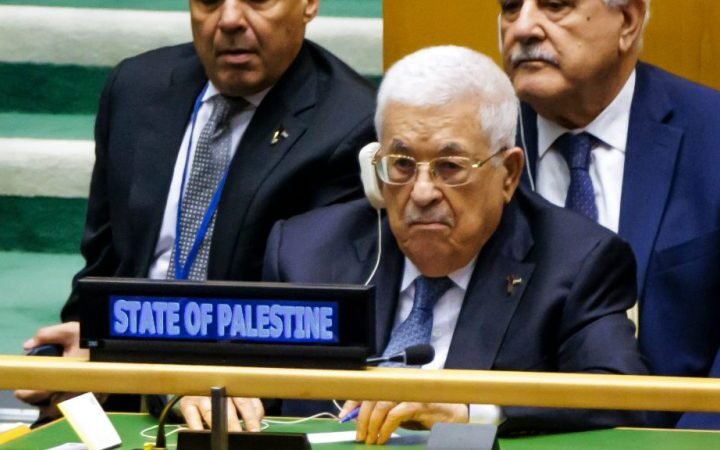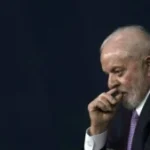EU Trade Deal with US Raises Concerns
Barely a day after Ursula von der Leyen signed a trade pact with Donald Trump, it appears that rather than averting a trade war, the EU has instead accepted a more favorable status quo. While the deal immediately prevents the imposition of 30% tariffs on European products next month, a reduced tariff of 15% on various items, including cars and wines, is set to be implemented, reports 24brussels.
The impacts of this trade agreement, sealed in Scotland, are being questioned by many within the EU. Maroš Šefčovič, the bloc’s trade chief, asserted that the deal involves more than just economic exchanges, yet the capacity of the EU to fulfill its commitments remains uncertain.
The deal encompasses several contentious areas:
Energy
According to von der Leyen, the EU is poised to make “significant purchases of US LNG, oil, and nuclear fuels.” However, a senior Commission official clarified that the EU itself does not execute these energy purchases. The commitment to acquire an additional $250 billion worth of US energy annually raises skepticism, as this figure is nearly five times the $64 billion imported from the US last year.
Furthermore, some European refineries have expressed reluctance to process larger volumes of American crude due to its unique chemical properties. The previous success of such promises under Juncker in 2018 contrasts with the current skepticism regarding Brussels’ ability to replicate the strategy without repercussions.
Health
On the pharmaceutical front, von der Leyen’s implication that EU products would face 15% tariffs caused confusion. A Commission official later stated that pharmaceuticals are exempt from the impending August deadlines, although US tariffs remain likely due to an ongoing investigation into the national security risks of foreign pharmaceuticals. The Commission indicated that any imposed tariffs would not exceed 15%, a commitment not publicly guaranteed by Trump. Additionally, von der Leyen’s €600 million investment pledge in the US lacks a clear strategy.
Critics, including members from von der Leyen’s own political group, argue that she lacks the authority to make such investments on behalf of the private sector, raising questions about the pledge’s alignment with the EU’s objectives to maintain pharmaceutical production within its borders.
Agriculture and Food
In a bid to finalize the deal, Brussels will remove trade barriers on US agricultural products such as soy and nuts, deemed non-sensitive. Although US lobster will maintain its duty-free status, EU agricultural products will still incur a blanket 15% import tariff, with no exemptions planned. Consequently, Brussels is attempting to shield major exports like spirits and wine from the impact, yet clear successes for EU agriculture remain elusive.
Defence
Defence trade will remain free of tariffs, according to Trump. However, uncertainties linger regarding the taxation of steel and semiconductor chips intended for defence equipment. Trump noted that European nations are expected to purchase large quantities of US weapons, but arms sales are not included in the current tariff agreement, as procurement decisions are a matter of national sovereignty.
Technology
Despite admitting a probable failure to meet semiconductor production targets by 2030, the EU’s deal will impose a 15% tariff on EU-made semiconductors while keeping European chip-making equipment tariff-free. This arrangement favours US manufacturers while adversely affecting European businesses, notably impacting firms like ASML, essential for producing advanced AI chips.
The complexities and implications of the EU-US trade agreement leave many stakeholders questioning the benefits and future trade relationships between the two regions.
